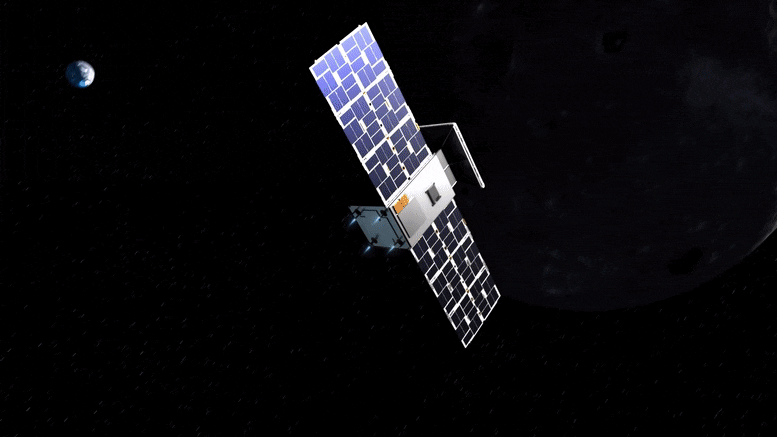© Reuters. US and China semiconductor regulations … Korea sighed, but concerns remain
The US Department of Commerce announced on the 7th a measure to ban the sale of advanced US semiconductor equipment to China and to limit the export of semiconductor chips used in artificial intelligence (AI) and supercomputers. However, foreign companies such as Samsung Electronics (KS 🙂 and SK Hynix (KS :), which are not US companies, have decided to decide whether to restrict exports through individual screening. The Korean Ministry of Commerce, Industry and Energy said: “The impact on the domestic industry is limited”. Although direct harm has been avoided in the domestic semiconductor industry, it is emphasized that anxiety factors such as screening delays and concerns about technology loss still exist.
The US Department of Commerce requires US companies to obtain a license to sell semiconductor equipment to Chinese companies that produce chips above a certain level of performance. Authorization is subject to △ 18 nm (nanometer · 1 nm = 1 billionth of a meter) or less DRAM △ 128 layers or more NAND flash △ logic chip (16 nm to 14 nm) using FinFET technology. The Commerce Department has also included high-performance semiconductor chips used in AI and supercomputers, as well as semiconductor equipment in export restrictions to China, and has requested the US government to review equipment repairs and replacement parts. for existing semiconductors. As a result, it is feared that any move by Korean semiconductor companies could be reported to the US government.
The Commerce Department has allowed sanctions, such as export controls, to be imposed when receiving US support or using technology in the semiconductor development and manufacturing process. However, for foreign companies with manufacturing facilities in China, he said: “Unlike American companies, we will decide whether to limit exports through an individual review.” Among the Korean companies, Samsung Electronics operates a NAND flash plant and a semiconductor back-end (packaging) plant in China, and SK Hynix operates a DRAM plant, a back-end processing plant and a NAND plant, respectively.
The Ministry of Commerce, Industry and Energy said in a press release that “the high-tech computer chips subject to export restrictions are not manufactured in Korea, so there will be no short-term impact. In addition, SK Hynix’s Wuxi plant and Samsung Electronics’ Xi’an plant, which operate in China, are classified as subject to case-by-case review, unlike Chinese companies, so there will be no significant disruption in equipment supply. “.
A Samsung official said: “Samsung will do its best to ensure the smooth operation of its Chinese factories in consultation with the governments of each country.” SK Hynix said, “We will work closely with the government to prepare the procedures and documents required to secure individual US permits.”
Washington = Correspondent Jeong In-seol / Reporter Lee Ji-hoon [email protected]
Samsung, the ‘Semiconductor Throne’ is coming down … Outlook n. 1 of TSMC for the third quarter
There is no Korean company in the top 10 “packaging” in the world
US restrictions on China … Government “Limited influence of Samsung and SK”
Samsung, the world’s number 1 in semiconductor sales, has given up on TSMC
Infineon starts operation of the new “high power semiconductor modules” plant in Chegled, Hungary
Government “US semiconductor export restrictions have limited impact in Korea”


